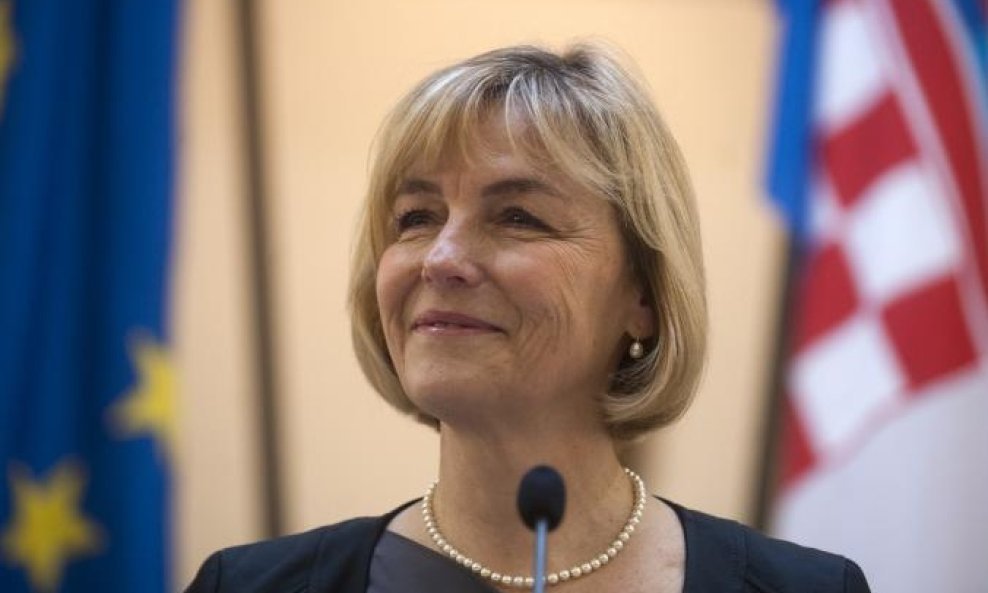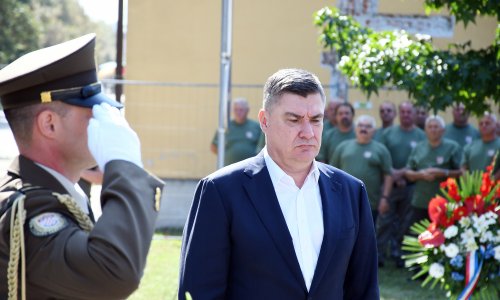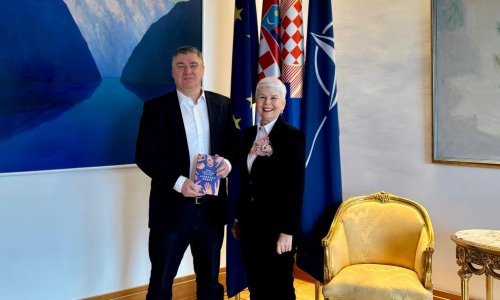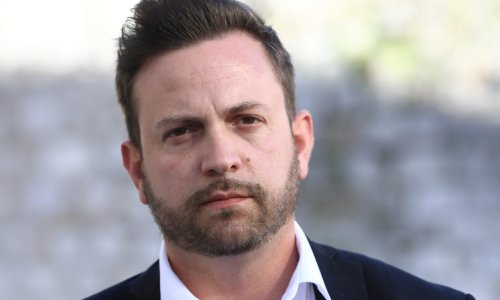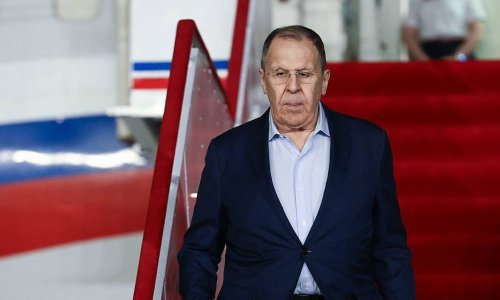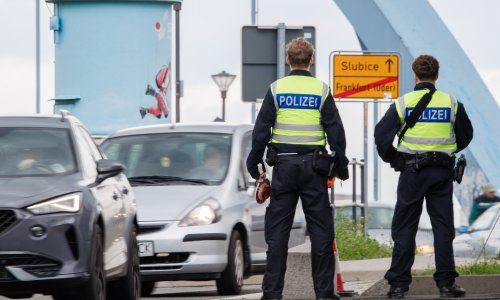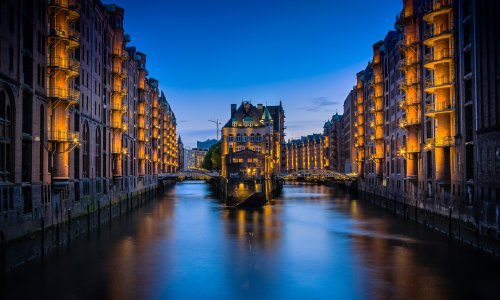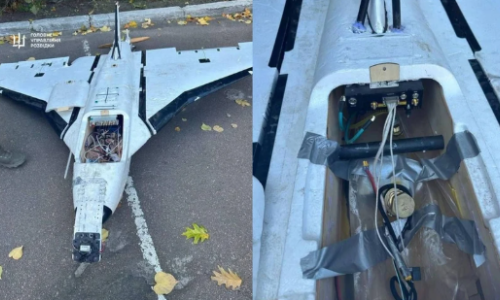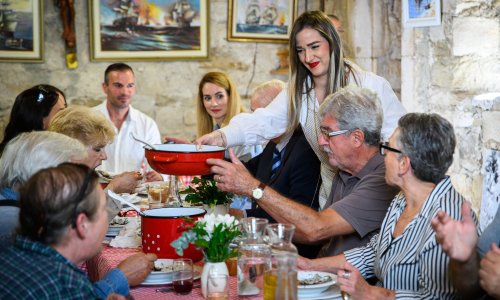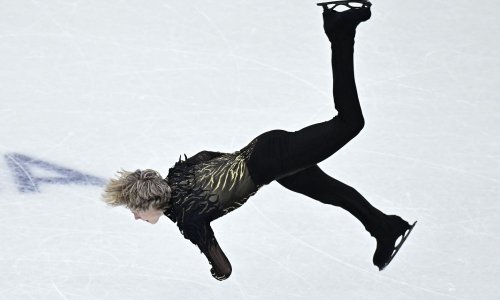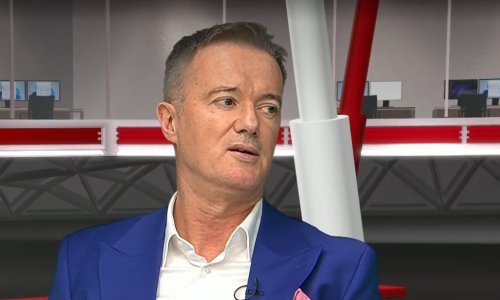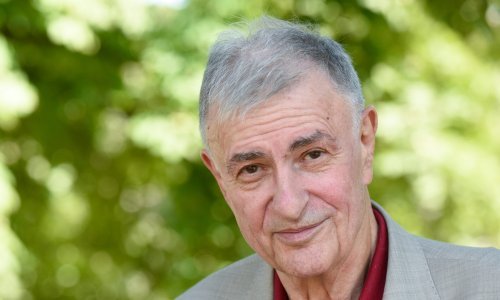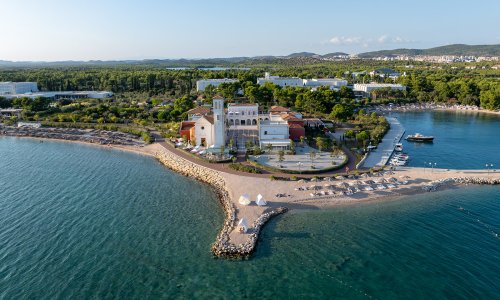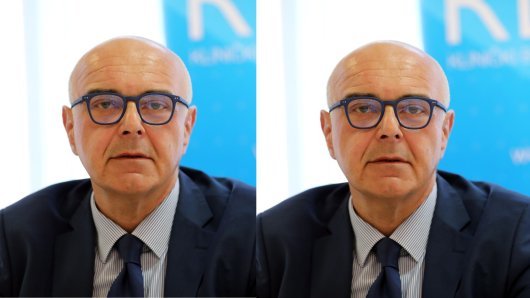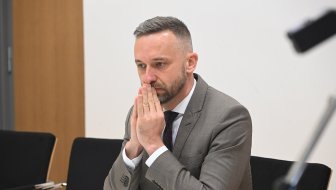Croatian Foreign Minister Vesna Pusic told Al-Jazeera Balkans TV on Friday that the aggressive policy which Croatia's authorities under Franjo Tudjman led during the Bosnian war in the 1990s had caused Bosnian Croats many setbacks and that it was now necessary to find a model to strengthen their influence in Bosnia and Herzegovina.
"I opposed that policy not in 2001, but in 1992 and 1993, when it was being led," Pusic said, adding that she had been aware that Bosnian Croats would pay the full price of that policy.
"Croats in BiH, objectively speaking, are in quite a difficult position politically. Economically, they are quite successful and this is visible, but in terms of political representation they are in the weakest position."
Pusic said that for Bosnia's stability, it was crucial that its three peoples stayed in the country and functioned to the benefit of the common state. She said nobody could make Bosnian Croats do that, as most had Croatian passports. "They have to want to stay there and in order to want it, they have to see their real influence and stake in BiH."
"One should talk about how to achieve that. This doesn't mean that the solution is a third entity. Maybe there is another way," she said, adding that a third entity had been her idea but that, apparently, there was not much will in Bosnia to discuss it.
"Changes can be made also by changing election legislation," Pusic said. "If there is ethnic representation in a country, it must be equal for all," she said, adding that it was not good for one side to impose its representatives to another.
Asked about Bosnian Foreign Minister Zlatko Lagumdzija's boycott of an invitation to lunch with Croatian Prime Minister Zoran Milanovic when he visited Sarajevo recently, Pusic said that was a wrong move but that it should not be a reason not to continue talks.
She said Croatia would strongly push for NATO to approve a Membership Action Plan for Bosnia, as this would be good not only for Bosnia but for the entire region.
Commenting on relations with Serbia and the situation there in light of attempts to rehabilitate Chetnik leader Draza Mihailovic, Pusic said the rehabilitation of a World War Two Quisling was always tragic for the country doing it. "Such rehabilitation won't change the historical facts," she said, adding that in Croatia things were clear in that respect.
She said some in Serbia evidently thought that votes could be won on such issues and that this was what was most tragic for that society. "I would be very upset if this was happening in Croatia, but that's their (Serbia's) fight which they must win within their society."
"One should let Serbia hold the elections and then we will see who we are cooperating with."
Regarding the possibility of the two countries withdrawing the aggression and genocide suits filed against each other, Pusic said this would be possible only if they reached an agreement solving the issues of people gone missing in the war, looted property and war crimes.
Asked about the recent suggestion by Serge Brammertz, the chief prosecutor of the Hague war crimes tribunal, that the Croatian authorities should decide whether to continue observing the anniversary of the Operation Storm offensive, Pusic said, "Who else then? The Croatian authorities will decide that, of course." She added that no European partner had raised this topic.
Pusic went on to say that Croatian oil company INA's withdrawal from Syria was a good move given the crisis there, and confirmed willingness to open an embassy in Qatar with which Croatia wanted to intensify economic relations.
Pusic said relations with the US were increasingly better, as the US viewed Croatia as an important partner for motivating other countries in the region to carry out reform requirements. She added that the Croatian government was working hard on intensifying relations with Russia which had been neglected without justification.



